The plague of self-deception
We live in an age obsessed with defending fragile egos and delicate feelings at the cost of confronting hard truths. Hence, through various psychological tools referred to as “defense mechanisms,” modern society has cultivated a plague of self-deception that threatens our ability to address real problems. Therefore, it is high time we shed light on these mechanisms and learn to recognize them, for the sake of honest and productive discourse.
Projection and blame-shifting
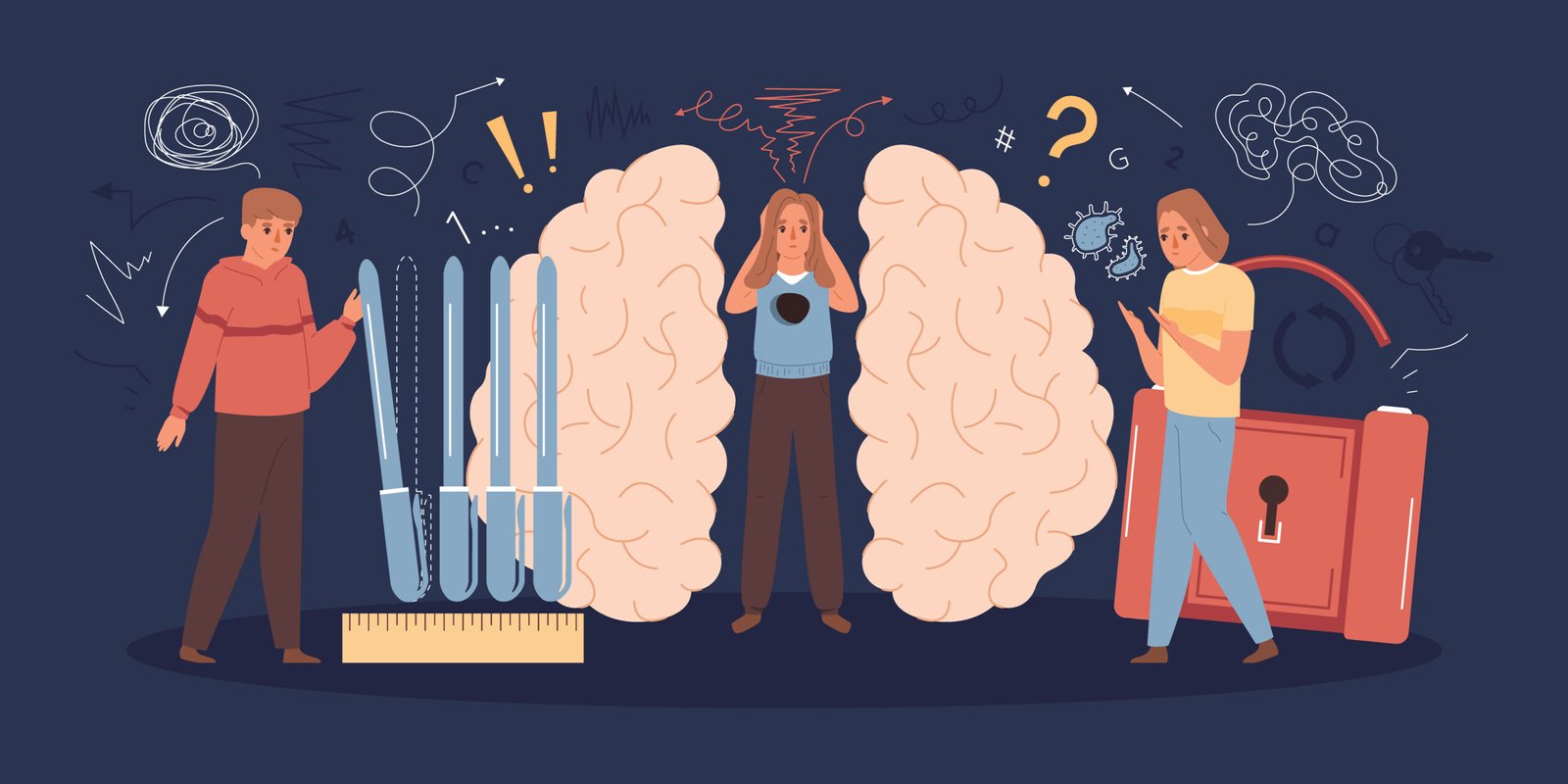
One of the most insidious defenses is projection—attributing one’s own unacceptable thoughts and impulses to other people instead of addressing them constructively. Hence, we see it constantly in debates over issues like immigration, where opponents of restrictions are dismissed as racist bigots with secret motives without substantively engaging their policy concerns. Accordingly, deflecting criticism through accusations is a cowardly avoidance of responsibility that poisons public debate.
Denial and rationalization

Closely related is denial—refusing to acknowledge uncomfortable facts even when evidence is clear. Paired with rationalization, where excuses are invented to justify objectionable acts, it allows policy disasters and societal ills to fester without remedy. Whether about rising crime, failing schools, or the downsides of mass immigration, we must overcome the reflex to deny problems exist rather than address their root causes.
Victimhood and fragility

Some defend fragile egos through victimhood, portraying any criticism as a “phobic” attack. This discourages open discussion of divisive issues and brands dissenters as oppressors. While compassion is due, coddling weakness and treating offense as the worst societal ill will not prepare people to face life’s difficulties or have mature debates. Not every uncomfortable idea is a traumatizing “phobia.”
Overcoming self-deception

To strengthen society, we must strengthen ourselves by recognizing and confronting unconscious defenses instead of avoiding hard truths. Resources like therapist Mary Lamia’s podcast on defense mechanisms can aid understanding. Thus, recognizing differing viewpoints as opportunities to test one’s assumptions, not personal affronts, is key. So, with open and honest debate, we can overcome societal ills; denial and blame aid no one.
Recognizing Defenses in Daily Life
- Projection and Blame-Shifting
- In relationships, projecting one’s insecurities onto a partner is toxic. “You must be cheating on me; that’s why you’re distant!” instead of self-reflecting. At work, blaming failure to meet goals on others’ supposed sabotage avoids addressing one’s role. Politicians shift blame to scapegoats rather than proposing solutions.
- Denial and Rationalization
- In families, denying a child has a learning problem ensures it goes unaddressed. At work, teams rationalize missed deadlines as beyond their control instead of taking responsibility. On a societal level, denial of issues like climate change stops much-needed reforms.
- Victimhood and Fragility
- In relationships, playing the victim role to excuse bad behavior hurts honest communication. At work, claiming every critique is an “attack” stunts growth. Public figures leverage fragility to dismiss opposing views rather than debate ideas respectfully.
- Regression
- When stressed, adults may regress to childish ego defenses. Lashing out in anger is easier than vulnerability. Immaturity poisons cooperation where understanding is needed.
These are just a few examples of how unconscious defenses undermine improvement across different domains of life. With awareness and the will to grow, we can start replacing them with honest, solution-focused discussions.
Here are some strategies for recognizing and overcoming common defense mechanisms in daily life:
- Pause before assigning blame. Take time to consider one’s own role or perspective before accusing others.
- Notice emotional reactions. Strong defensiveness or anger is often a sign one’s ego is threatened. Reflect on what needs defending.
- Listen fully before criticizing. Understand opposing views completely to avoid mischaracterizing due to one’s own biases.
- Separate facts from interpretations. Defenses cloud objective realities; they focus on evidence over subjective perceptions.
- Consider alternate explanations. Don’t assume the worst of others without considering other possibilities for behavior.
- Own one’s mistakes. Quick admission of errors without justifying them prevents wasted energy on rationalizing.
- Test assumptions through respectful debate. Discussing views openly, without attacks, strengthens understanding of nuance.
- Check motives through self-questioning. Ask why a view threatens by probing deeper causes of discomfort.
- Address problems collaboratively. Work with others towards agreement on solutions, not attributing fault to difficulties.
- Express vulnerability. Admitting weaknesses builds trust for honest discussions where defenses relax their grip.
With patience and practice of these strategies, unconscious defensive patterns can loosen their hold, allowing for more growth-oriented engagement with uncomfortable realities.
Here are some valuable resources for further exploration of defense mechanisms:
- Defense Mechanisms (verywellmind.com): A comprehensive overview of common defense mechanisms with descriptions and examples. Useful for building understanding.
- Defense Mechanisms (psychologytoday.com) is a Psychology Today article analyzing defenses and how to recognize them in daily life, with an emphasis on relationships.
- Defense Mechanisms (simplypsychology.org): Concise definitions and explanations of Freud’s original defense mechanisms with illustrations of how they function.
- Overcoming Unconscious Defenses (psychalive.org): A Practical Guide for Noticing Defenses in Oneself and Working Through Them, from the Internal Family Systems Model.
- Understanding the Ego Defense Mechanisms (youtube.com) is a 46-minute YouTube video lecture from a therapist clearly outlining defenses and strategies to overcome them.
These resources provide a range of perspectives and depth for continued learning about defenses, recognizing them at work, and taking steps toward more transparency and growth.
In summary
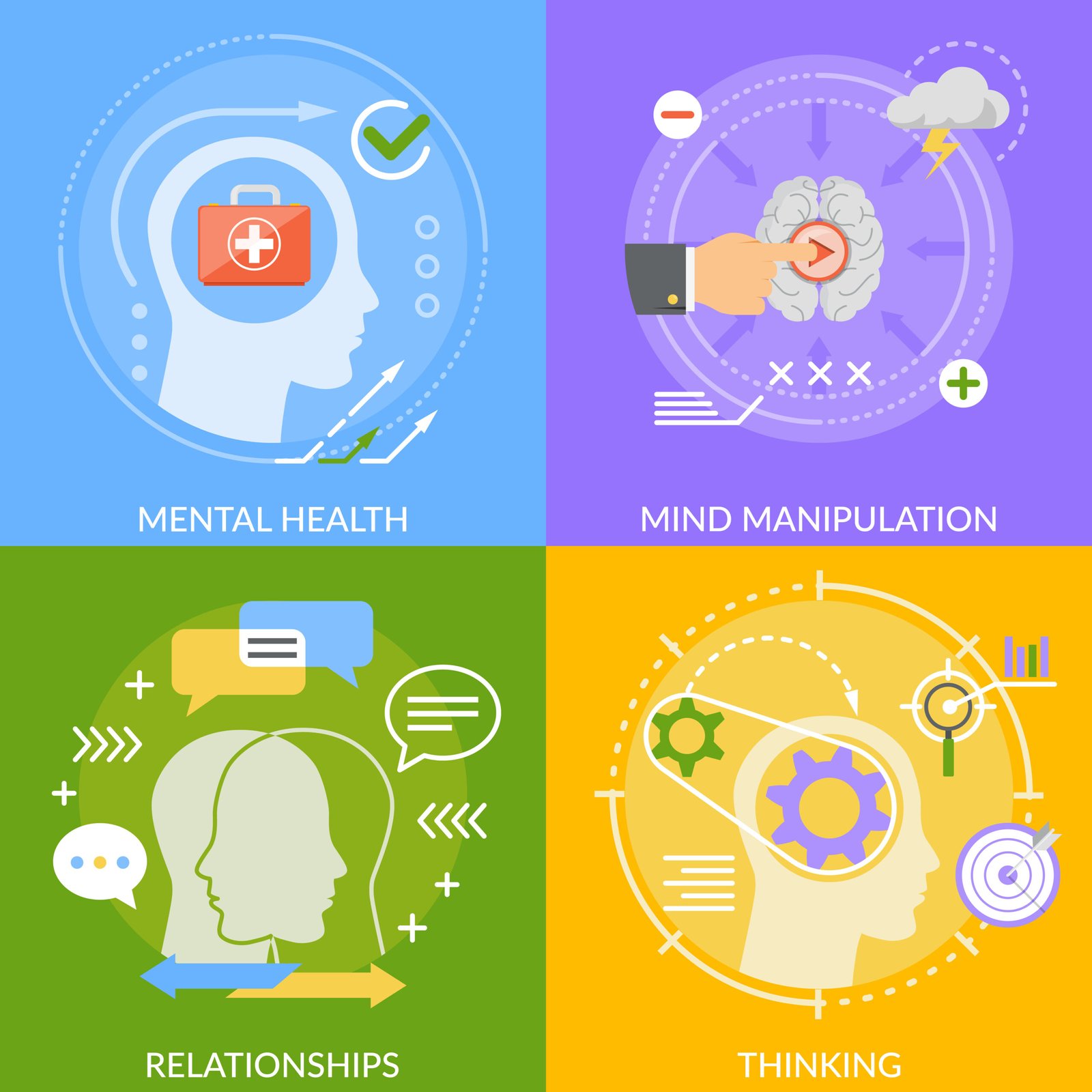
In conclusion, societies thrive on the truth, not comforting falsehoods. While defenses may shield egos, they threaten progress. With awareness, honesty, and the willingness to have difficult discussions without accusation, we can start to solve real problems instead of blame-shifting over them. Therefore, our greatest defense should be facing hard realities, not avoiding them.
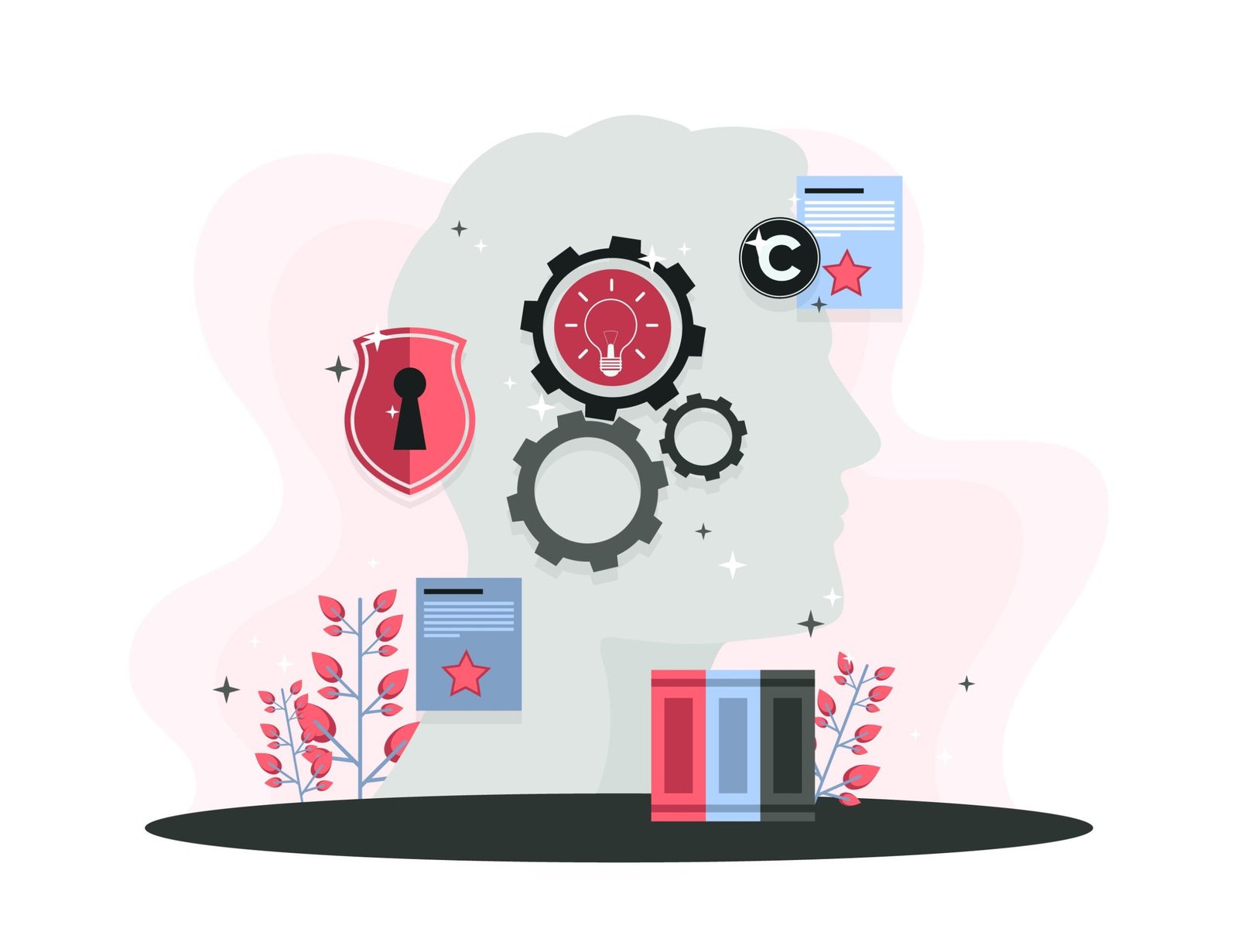
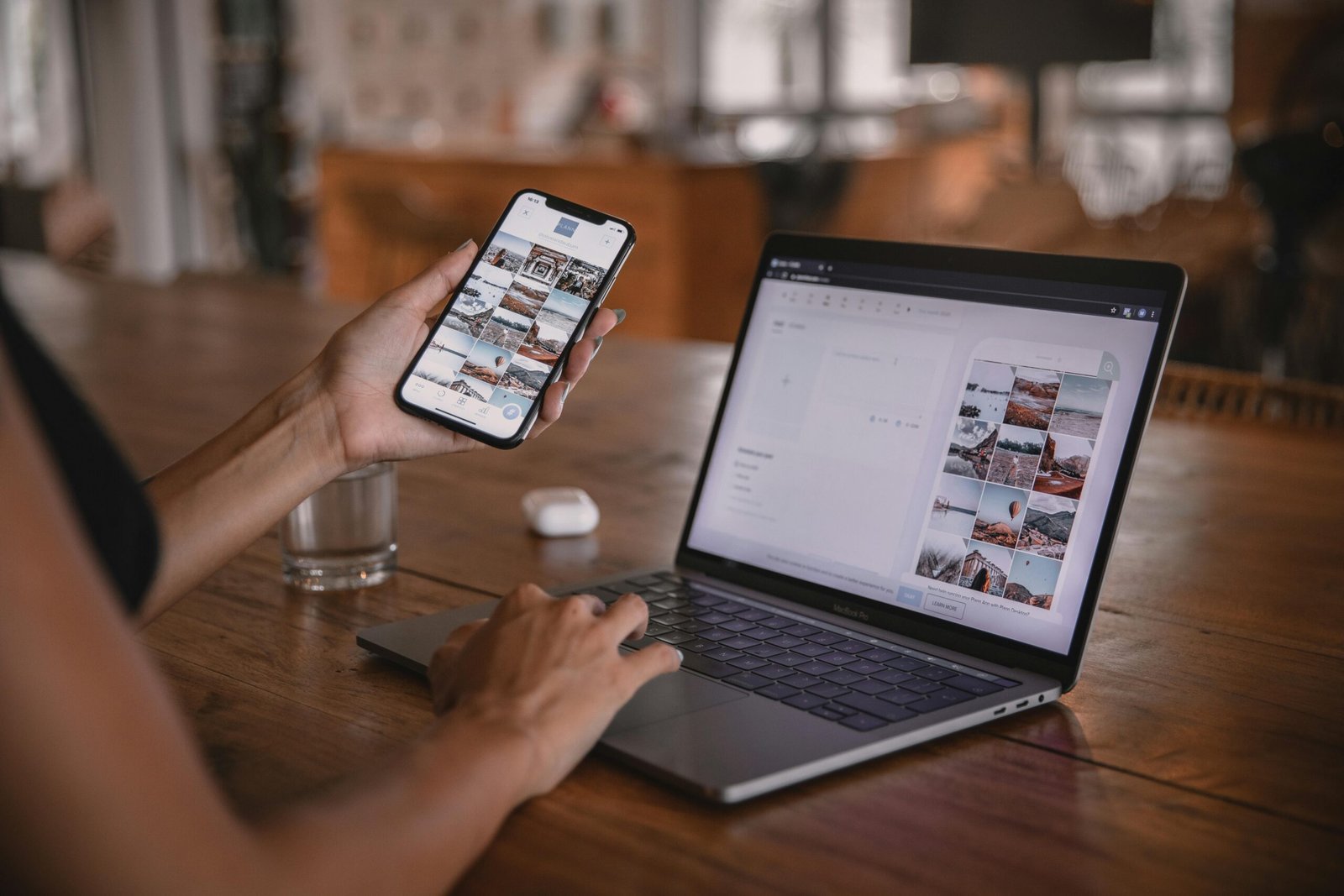

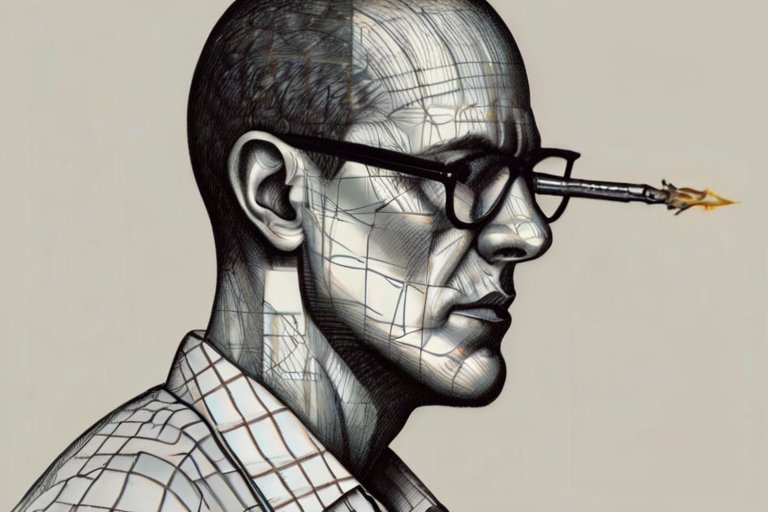
Leave a Reply